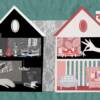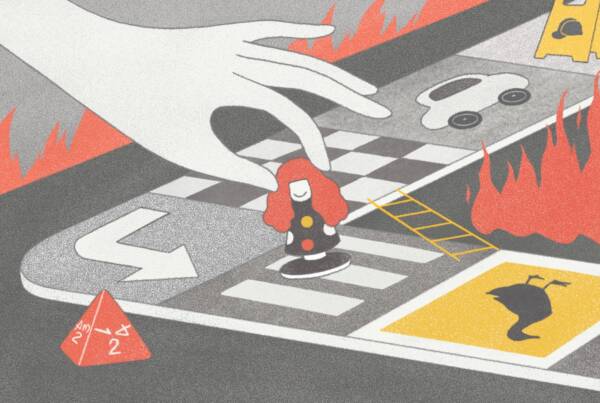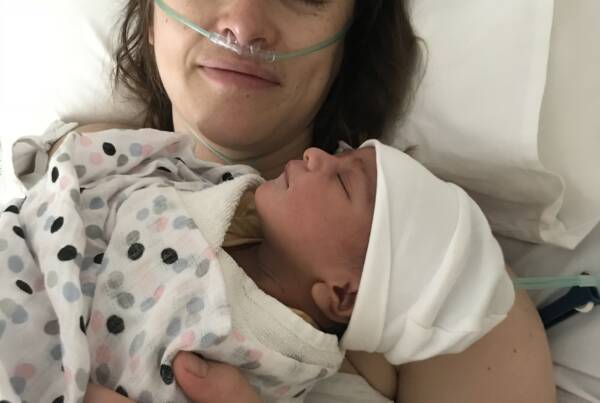Poem by Richa Gupta // Illustration by Helena Ravenne // CONTENT WARNING: Rape, abuse of women, murder
Poem by Richa Gupta // Illustration by Helena Ravenne
CONTENT WARNING: Rape, abuse of women, murder
The sun had set long back, an ominous night
greeted her and her friend, they paced down the street
trying to hail a ride home. Not a rickshaw, but an off-duty bus
halted right where they stood, occupied by six grinning men;
a scruffy conductor, in clothes with holes and tears,
beckoned the couple in, eyeing the innocence of her skin.
Her salwar kameez so lovely, adorning her untarnished skin;
as the bus plowed forward into the deepening night,
did she know that her apparel would face rips and tear
in mere minutes? How could she know that every passing street
was infinitely safer (behind her the men
crept towards her seated figure) than that wretched, off-duty bus?
When I think of the horrors that unfolded inside that bus,
I cry. They plunged metallic rods inside her, rupturing her skin,
repeatedly violating her, every one of the six men.
How vicious must their souls be? I know: darker than the night,
more polluted than the air that chokes the swarming Delhi streets,
which are full of people desensitised, unable to shed a tear
when they hear of such news. But for her, every tear
was punctuated by screams as she fought, pinned to the floor of the bus.
She clawed, bit as the bus hurtled down another street—
but she was weakening, too much blood had seeped through her skin
which had lost its vitality; she must have sensed she was approaching the night
of her life. Once finished with her body, the men
decided to dispose of her and her beaten friend. The men,
without remorse or shame or a single tear
tossed them into the frigid December night.
Once their bodies were found by a patrolling police bus,
the horrified officers transported her figure, her bleeding skin
to a hospital—well away from that lonely Delhi street.
After hearing her story, I’d refuse to walk down a city street
unaccompanied, the sight of a grinning group of men
inducing such terror. I’d wrap my coat tighter, hiding exposed skin,
wishing my country would acknowledge the tears
of every woman who wants to feel safe in her city, in the bus
she travels in, in her own house at night.
But in a first: after the victim’s mangled skin was discovered that night,
thousands of women and men protested, in marches, processions, buses;
they took to the streets—no longer jaded, full of tears, shock, and resolve.







